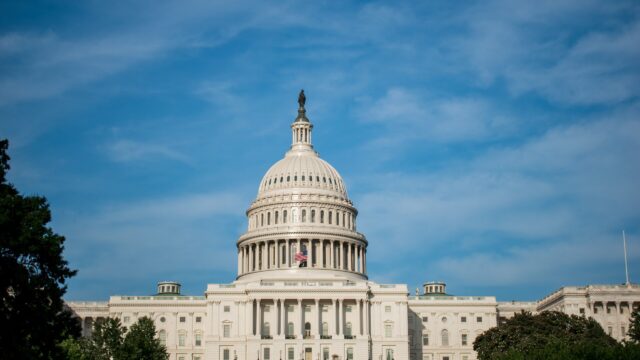BCHC and others ask Congress to reject elimination of the National Asthma Control Program at CDC
May 2025

Big Cities Health Coalition (BCHC) joins letter asking Congressional appropriators to restore and strengthen funding for the National Asthma Control Program (NACP) at the CDC.
Our organizations write to express our profound concern regarding the elimination of the Centers for Disease Control and Prevention’s (CDC) National Asthma Control Program (NACP) through the reductions and restructuring efforts that took place on April 1, 2025. This decision is both alarming and short-sighted, given the program’s vital role in protecting the health of millions of people in the U.S. living with asthma.
The NACP provides an exceptional return on investment – saving more than $70 in healthcare costs for every $1 spent. With an increased focus on reducing the burden of chronic disease and the associated healthcare costs throughout Congress, this program exemplifies the type of cost-effective, evidence-based solution we need more of – not less. The long-term financial consequences of cutting this program far exceed the investment required to sustain it.
For families and individuals, the loss of this program isn’t abstract – it means losing a lifeline that helps them manage a serious chronic disease.
Since its creation in 1999, the NACP has demonstrated measurable success in reducing asthma-related hospitalizations and emergency room visits. Asthma mortality rates have dropped by 44% since the program began. It has helped states build data-driven programs that identify those most at risk and implement interventions proven to improve asthma outcomes. The program also strengthened collaboration between health departments, clinicians, schools and families which ensure that patients receive the information and care they need to stay healthy.
Currently, the NACP funds programs in 29 states. The program’s sudden elimination has caused widespread uncertainty among state health departments about whether their asthma control efforts can continue.
Eliminating this program not only undermines decades of public health progress, but it also threatens to place even greater strain on our already overburdened emergency departments. These are outcomes that are not only harmful to patients but also significantly more expensive for our healthcare system.
The modest investment in the NACP delivers substantial returns in dividends through improved health outcomes and reduced economic costs. As Appropriators consider the FY26 Labor-HHS-Education appropriations bill, we strongly urge Congressional members to restore and strengthen funding for the NACP and to safeguard public health programs that are grounded in evidence and proven to deliver results.


